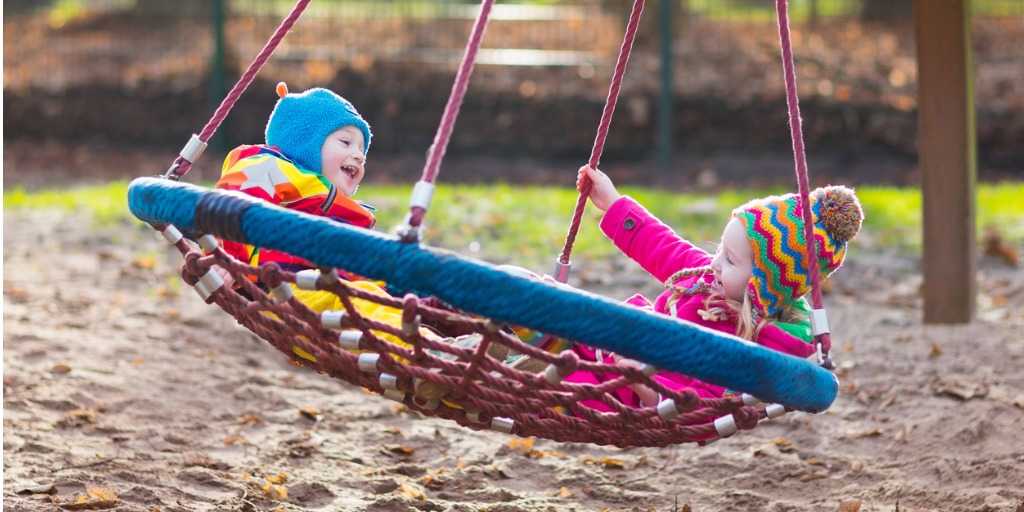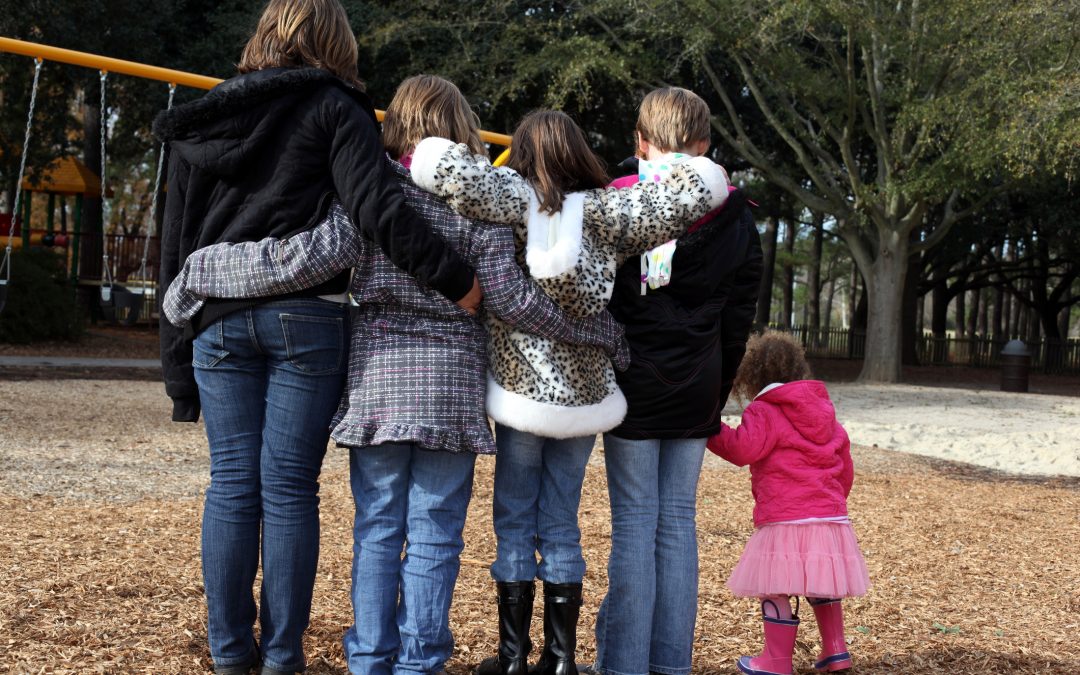
Sibling relationships in East Ayrshire
In this blog for Stand Up For Siblings Sharon Laing from the Adoption and Fostering Service in East Ayrshire Council talks about the attention paid to sibling relationships within their service and provides some real examples of how this works in practice…
East Ayrshire takes sibling contact seriously. We understand that sibling relationships are some of the most enduring relationships we have and that it is important we preserve or rebuild sibling bonds for the children we care for. We always try to place brothers and sisters together where it is in the children’s best interest but where this is not possible “family time” should be a priority.
Right from the first steps in becoming a Foster Carer, before prospective are even assessed, when undertaking Preparation to Foster groups, we emphasise the importance of the sibling bond and that part of the Foster Carer’s role will be to support contact. This is built upon throughout the assessment process, ensuring that all East Ayrshire Foster carers understand and accept they will have a significant role to play in ensuring the children they care for can spend valuable time with their brothers and sisters.
It is our expectation of our carers that if contact is not part of an assessment and it is safe to do so, they will take the lead in organising and facilitating sibling contact. The aim is to try to normalise family time as much as possible. Our carers have truly embraced this approach and we have some lovely stories we can share:
Family Fleming siblings:
The three children had lived with the same foster family for some time but the difficult decision was taken that due to the high level of care needs the children have, one of the children would move to another foster family. While there had been a high degree of conflict between the children, it was evident they had had a very strong sibling bond and it was imperative to ensure these were repaired after the separation. The Foster carers understood that family time within the carer’s homes would be too emotionally intense and they needed to inject fun back into the children’s relationships. This included planned activities and days out together, this is currently fortnightly. The carers hope to be able to have each other’s children over for tea and sleep-overs in the near future and be able to be more spontaneous.
Family Grey siblings:
The two foster families who care for two siblings who are separated have a very simple but effective arrangement. One child goes every Friday to their sibling foster family for tea. If one carer is taking a child swimming or to the park for example, they will pick up the phone and ask the other carer and invite the other child along too.
It is not just our foster carers but our residential children’s carers who ensure that brothers and sisters who do not live together have quality family time.
Family Morrison siblings:
The four children in this family had lived together before being accommodated on an emergency basis. This meant that they were all placed separately at this time, two with foster families and two in residential care. All four sets of carers worked well together to ensure the children spent as much time together as possible. Sometimes this involved organising a special trip out for the day but also includes more day to day opportunities, for example, the siblings came to watch their brother play in a football match and then they all came back to the children’s house for tea.
Ensuring children have quality time with their brothers and sisters is not without its challenges for carers. There can be sometimes an age gap between siblings or a larger sibling groups from teenagers to toddlers and the carers have to be creative in planning activities to try to meet all their interests.
Communication between carers is vital to ensure they have the same expectations of the children and agreed boundaries to help family time run smoothly but also to ensure all siblings see they are cared for the same way
Carers also need to be emotionally prepared to answer sensitive questions from the children they don’t care for and to be prepared to comfort children who may find family time brings to the fore the sadness they feel at not staying with their brother or sister all the time
Family time is also an opportunity to rebuild ruptured sibling bonds and create positive sibling relationships. The three children from family Fleming are unable to live together because of the high degree of aggression they showed to each other. Being together triggered old behaviour patterns where they had been encourage to physically fight each other by adults who were caring for them. Over time the three carers have worked together, taking small steps to bring the children together within a nurturing but consistent environment. They are increasing the time they can be together and the children look forward to seeing each other and talk of each other with love.
As a Fostering and Adoption Service, we recognise that we have a part to play in supporting our carers in providing quality family time. We do this through providing training on sibling contact but more importantly, ensuring that carers have regular supervision where they can have an opportunity to reflect and share their feelings about the challenges that supporting sibling contact can bring but also to have it acknowledged that their work in supporting our children in this way is invaluable now but also for the children’s future.
* All families names have been changed to protect confidentiality




